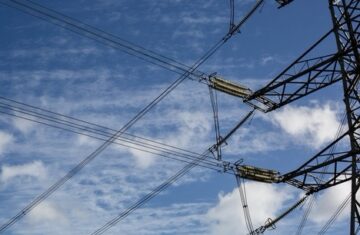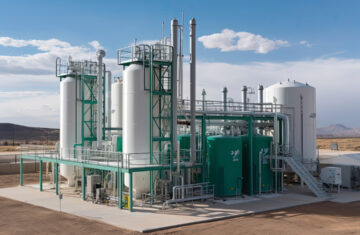Assessing vulnerabilities is a critical initial step for companies aiming to strengthen their weather preparedness, according to industry expert Gilstrap. This process involves evaluating infrastructure—such as solar panels, wind turbines, and storage facilities—for resilience against severe weather conditions common to specific regions.
Key Considerations for Resilience
Companies should factor in project proximity to risk zones, including coastal areas, floodplains, or regions prone to hurricanes. Gilstrap emphasizes that structural enhancements can bolster resilience significantly. Investing in advanced mounting systems for solar panels and reinforced foundations for wind turbines can mitigate potential damage during extreme weather events.
Proactive Monitoring and Emergency Planning
Regular monitoring of weather patterns, alongside implementing real-time maintenance checks, allows companies to identify and address issues proactively. Gilstrap advises aligning emergency plans with local disaster response protocols to streamline recovery efforts during severe weather.
Tailored Insurance Coverage
With climate-related risks on the rise, traditional property insurance may not adequately cover the unique vulnerabilities of renewable energy infrastructure. Gilstrap suggests that companies consider tailored insurance policies designed for solar, wind, and battery storage assets. Coverage options, such as contingent business interruption, can help minimize revenue loss during operational downtimes.
Planning for Weather Contingencies
Gilstrap stresses the importance of comprehensive plans that address safely halting operations, securing equipment, and ensuring personnel safety during adverse weather. These strategies should also outline procedures for resuming energy production efficiently once the weather event passes.
Importance of Specialized Insurance Solutions

As alternative energy infrastructure continues to expand, tailored insurance solutions become critical. Parametric insurance, which provides payouts based on specific weather parameters (e.g., wind speed or hurricane intensity), can facilitate quicker recovery and help maintain operational stability. Additionally, flood insurance may be necessary for assets in low-lying or coastal regions prone to flooding. Business interruption insurance can further assist companies in recouping lost income during weather-induced downtimes, ensuring financial continuity.
Conclusion
Looking ahead, Gilstrap highlights the ongoing need for energy companies to enhance resilience against increasingly frequent and severe weather events. A proactive approach—including structural upgrades, real-time monitoring, and specialized insurance solutions—is essential for supporting the long-term stability and viability of renewable energy projects.
Suggested Sources
- [Renewable Energy World]
- [National Renewable Energy Laboratory (NREL)]
- [Insurance Information Institute]



